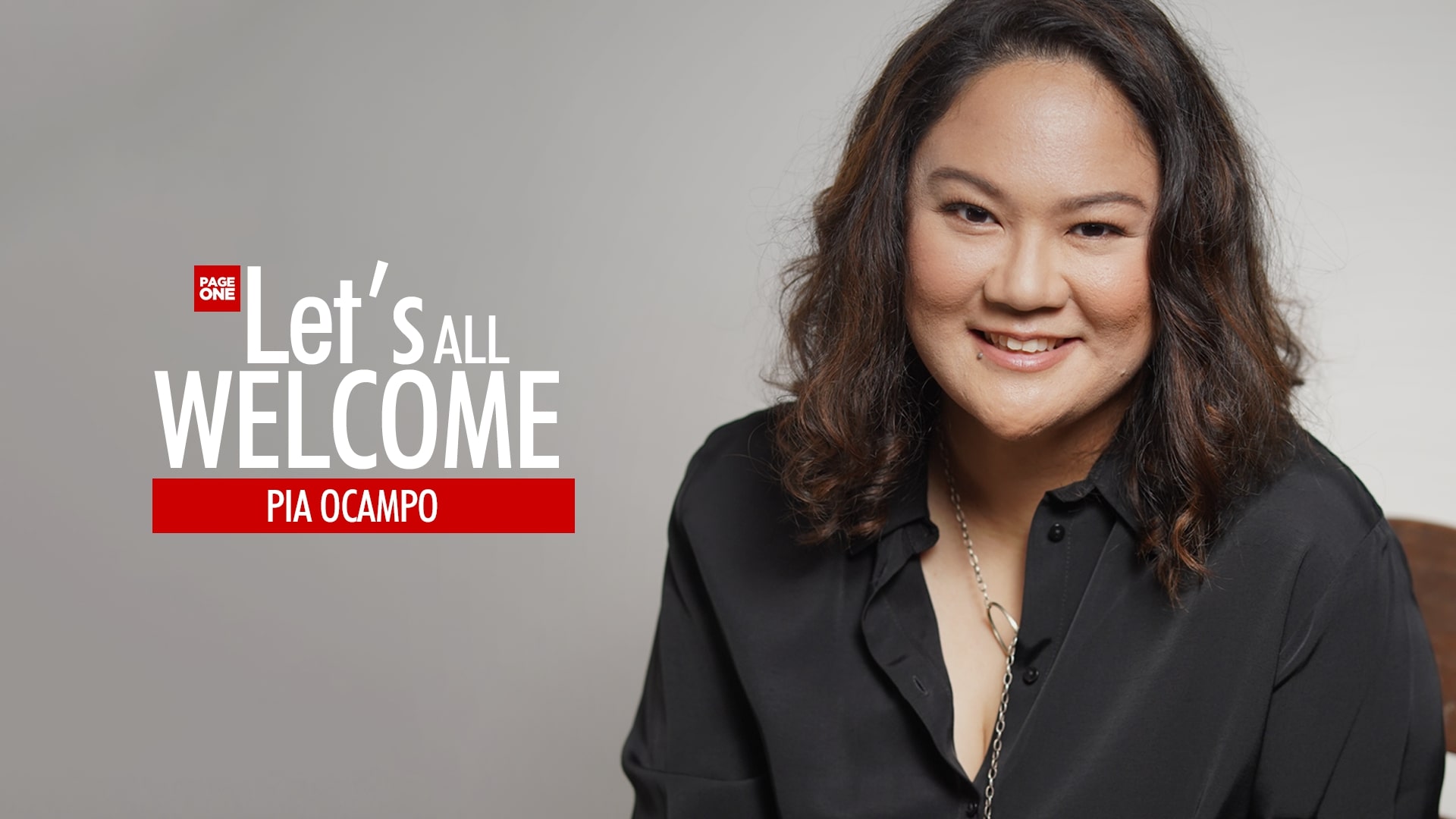Pia Ocampo never imagined that a career rooted in creativity and advertising would lead her to the depths of the ocean—not just as a diver but as a fierce advocate for marine conservation. Yet, that is exactly where her journey has taken her. From directing advertising campaigns to founding Pure Oceans, Ocampo has transformed her creative vision into a force for sustainability. Her story is one of awakening, accountability, and action—proof that anyone, regardless of industry, can drive meaningful change.
The genesis of Pure Oceans can be traced back to Ocampo’s experiences as a scuba diver. For years, she marveled at the underwater world, but by 2011, she could no longer ignore a disturbing trend: plastic pollution infiltrating the reefs. The turning point came when she captured footage of a fish nibbling on a plastic sachet—a haunting image of how human waste disrupts marine life.
At first, her response was instinctive. Every dive became a cleanup mission, filling net bags with plastic debris. But each time she returned from a weekend of conservation efforts, she faced a jarring contradiction. As an executive creative director in advertising, one of her major clients was a multinational diaper brand—one whose products were part of the pollution she was fighting.
“My professional life was in direct conflict with a problem I was passionate about solving,” Ocampo recalls. “That’s when I knew I was going to have to give my CEO notice soon.”
A week later, after meeting a technology partner who could enable her business model, she resigned. That decision marked the beginning of Pure Oceans, a venture dedicated to tackling marine plastic pollution at its root.
Ocampo’s background in creative strategy and communications did not go to waste when she transitioned into marine conservation. If anything, it sharpened her approach. She understood that sustainability required more than just awareness—it demanded cultural shifts.
“Most of the concerns to be solved under sustainability are anthropogenic. We made the problems, we must be the solutions. That’s why accountability is foundational,” she emphasizes.
Recognizing that behavior and belief systems shape environmental actions, Ocampo applied marketing principles to conservation. She adapted Design Thinking—a problem-solving framework from the creative industry—for grassroots communities. She called it MakoPa (Maaring Kakaiba Pero Angkop na Panunuluyan), a system that empowered fisherfolk, women entrepreneurs, and local leaders to innovate solutions tailored to their realities.
“A lot of community work is about nurturing the creative process. I found myself framing objectives, defining problems sharply, and guiding communities as if they were my creative team,” she shares.
Despite the daunting scale of environmental issues, Ocampo believes action does not require extraordinary courage—just a sense of agency. Her journey did not begin with grand investments or high-risk ventures. It started simply, with picking up a single piece of plastic from a reef.
“It starts with ‘This is something I can do’ for an environmental challenge right in front of you,” she says. “As you work in your small way, you learn other ways to solve, and your actions just keep growing. One just has to start.”
In her case, frustration—rather than idealism—was the more potent motivator. “Seeing plastic in the reefs annoyed me. And I think for less noble people like myself, that might be more motivating.”
Ocampo’s transition from advertising to conservation was not without challenges. One of her early missteps was assuming that coastal communities would share her urgency about marine plastic pollution.
“Making an assumption about your audience is the first and worst mistake any communicator can make,” she admits. “Whatever your cause, whoever the allies you need—never assume you’re already on the same page. You have to meet each and every one of them where they are and invite them on the journey with you.”
Looking back, she wishes she had better prepared for the financial realities of social innovation. “Grow your retirement resources! Pay for your hospital insurance, get an HMO. Unfortunately, careers that serve capitalism pay better than any job that undermines it.”
For Ocampo, sustainability is no longer a niche concern—it is a universal imperative.
“Everyone’s job is tied to sustainability now. There would be no jobs, not any industry, if we don’t all think in terms of how to sustain our planet from this point forward.”
Through Pure Oceans and her advocacy work, she continues to challenge the status quo, pushing for creative, community-driven solutions to environmental issues. Her journey serves as a powerful reminder that change does not require a dramatic transformation—just a willingness to act, one step at a time.









